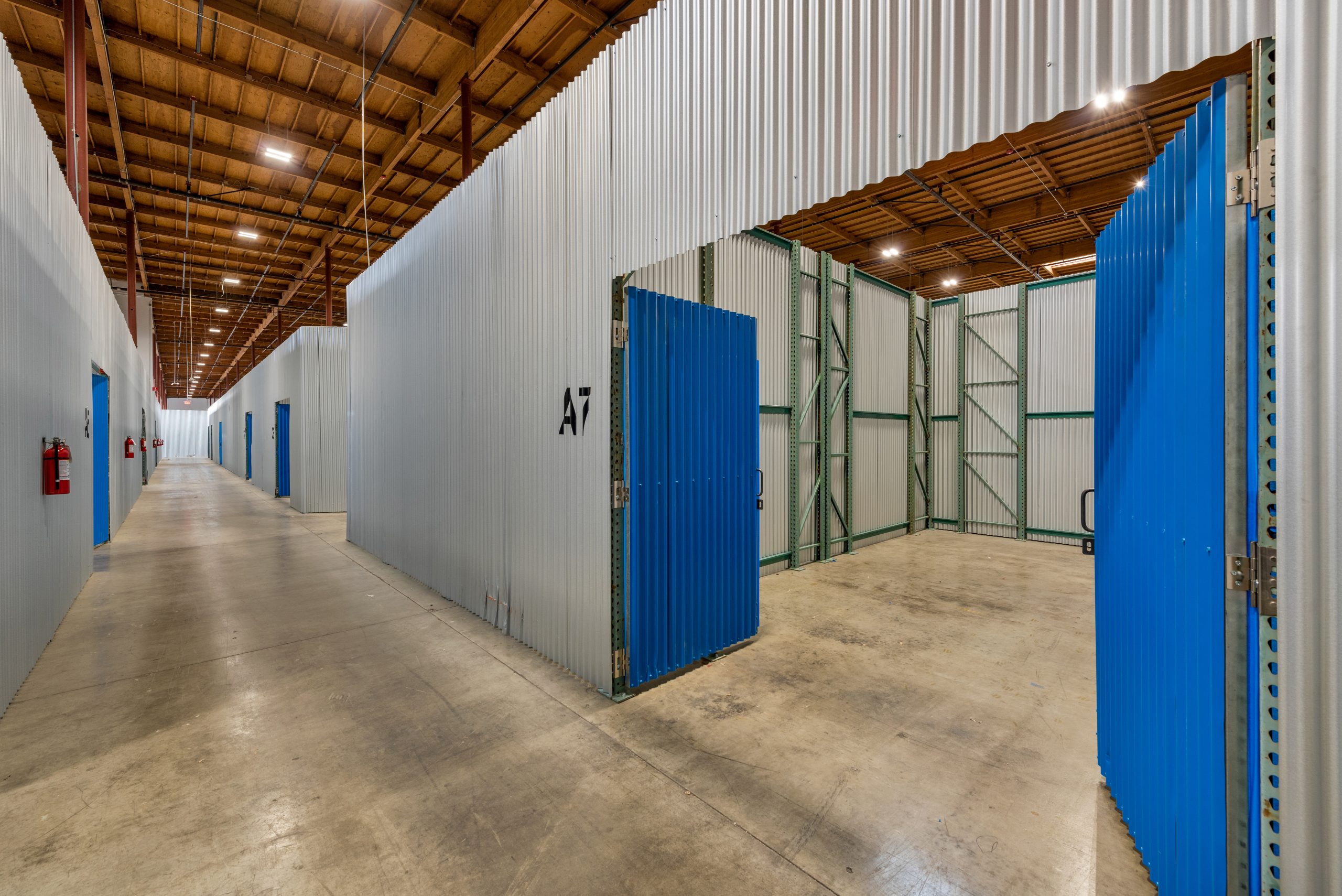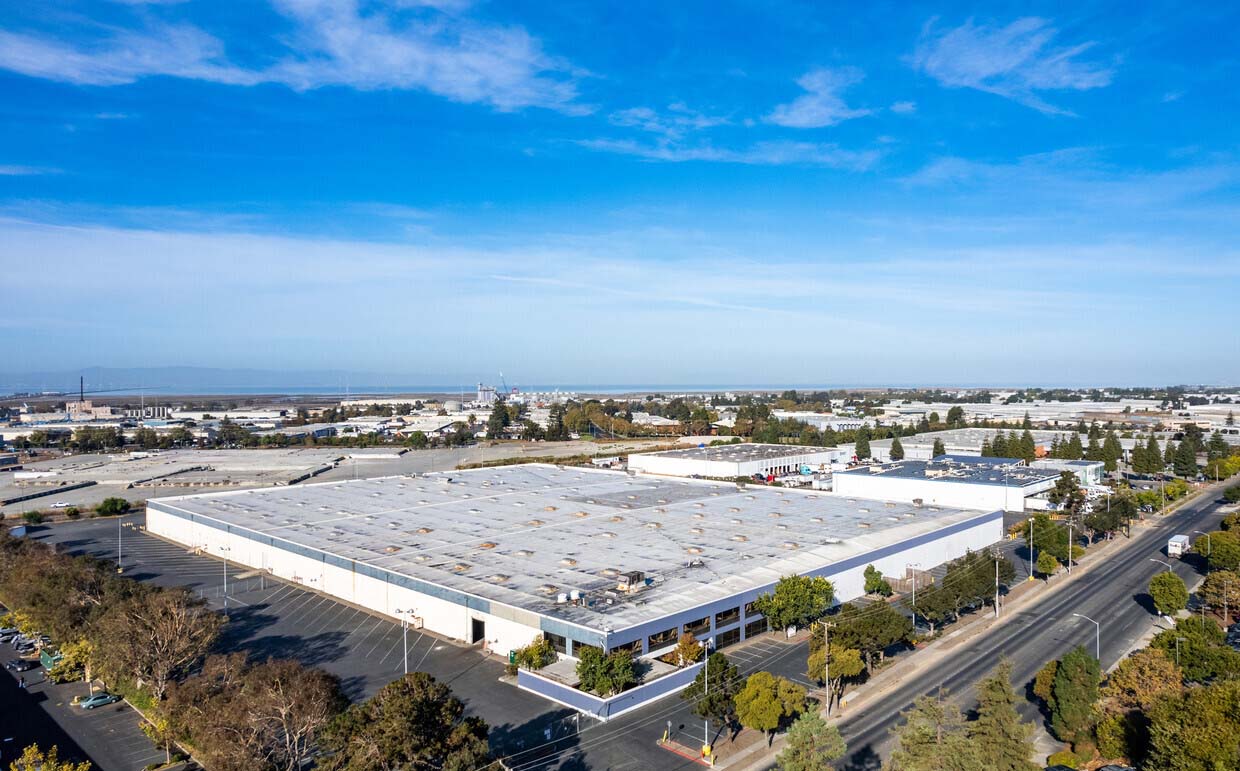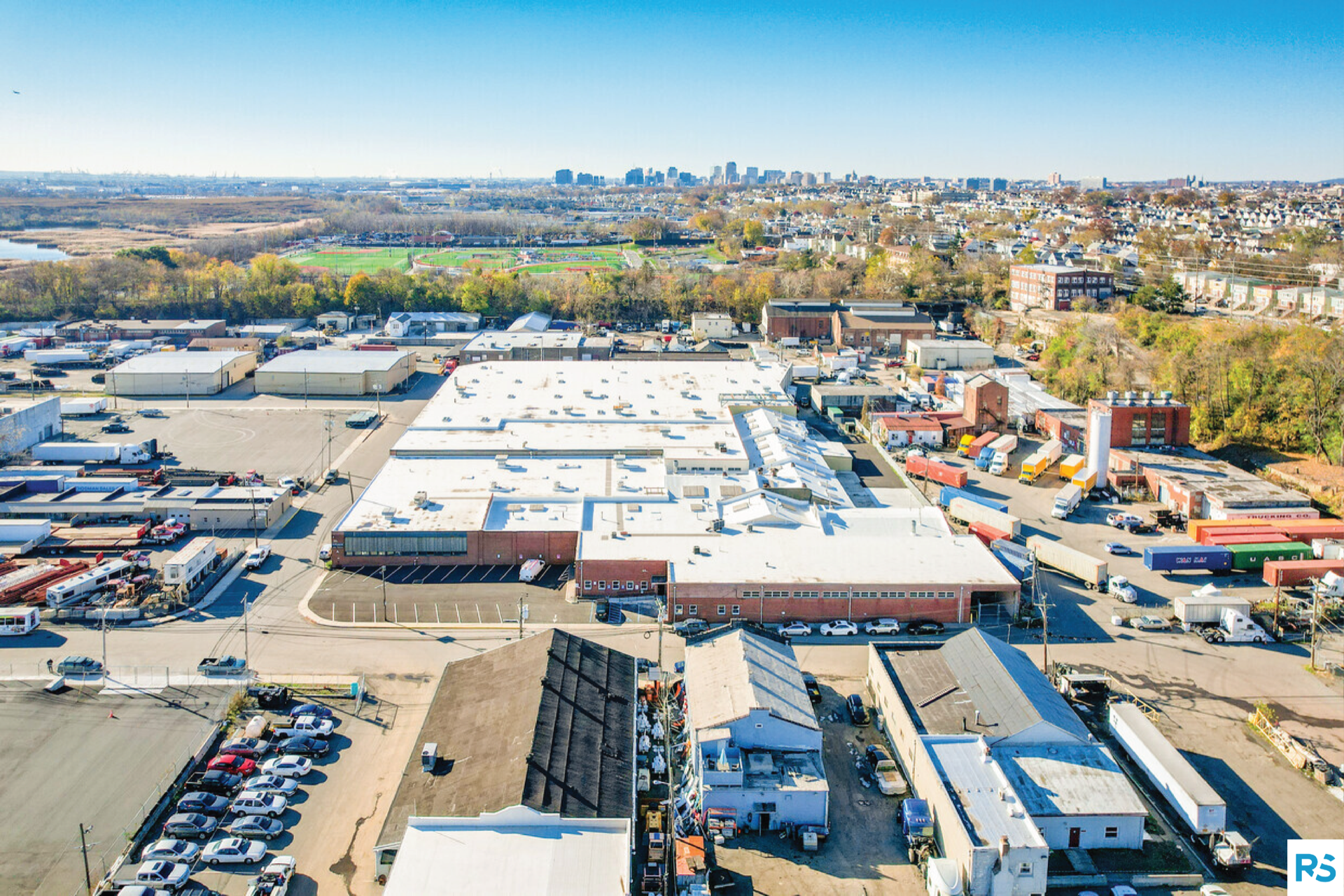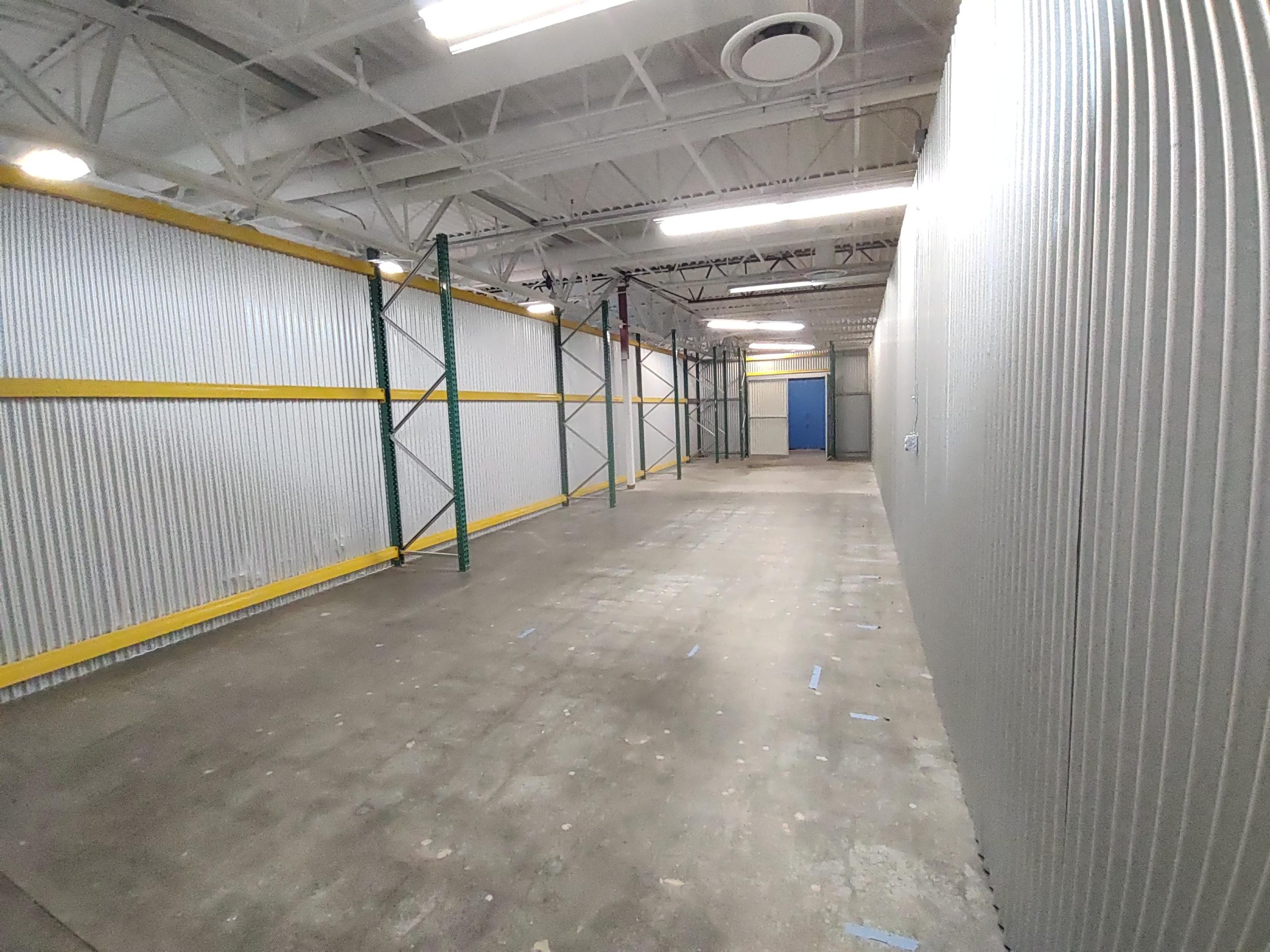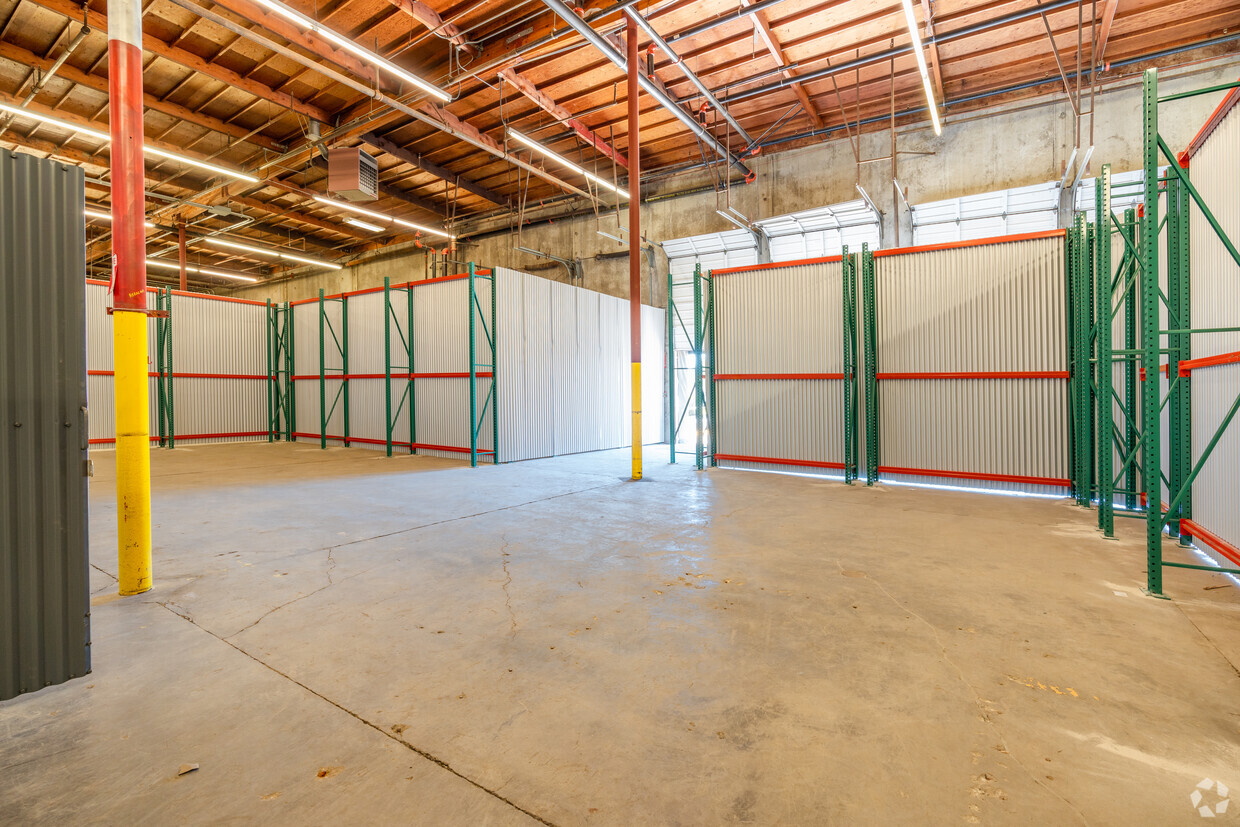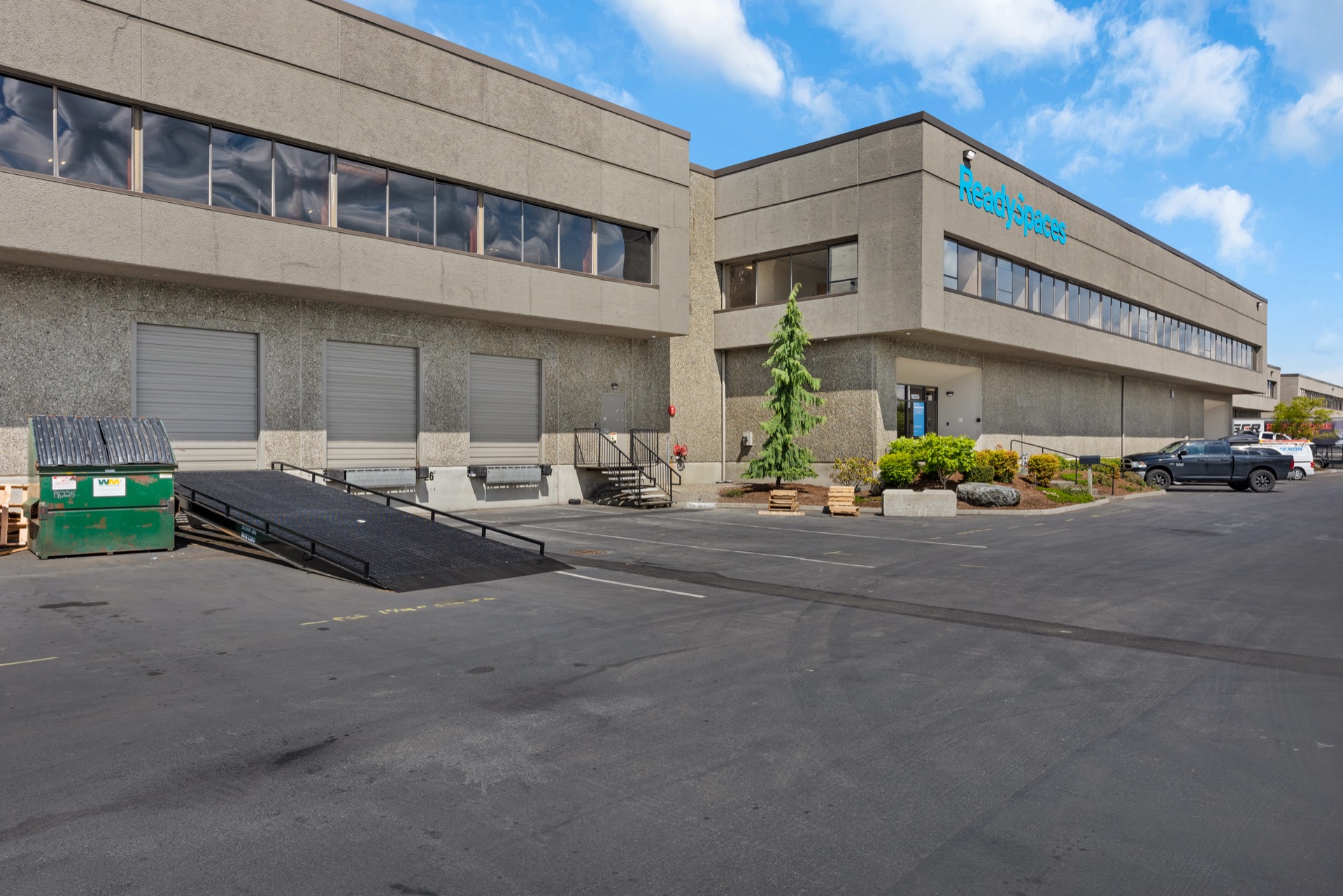Finding the Right Cowarehousing Brand for your Business
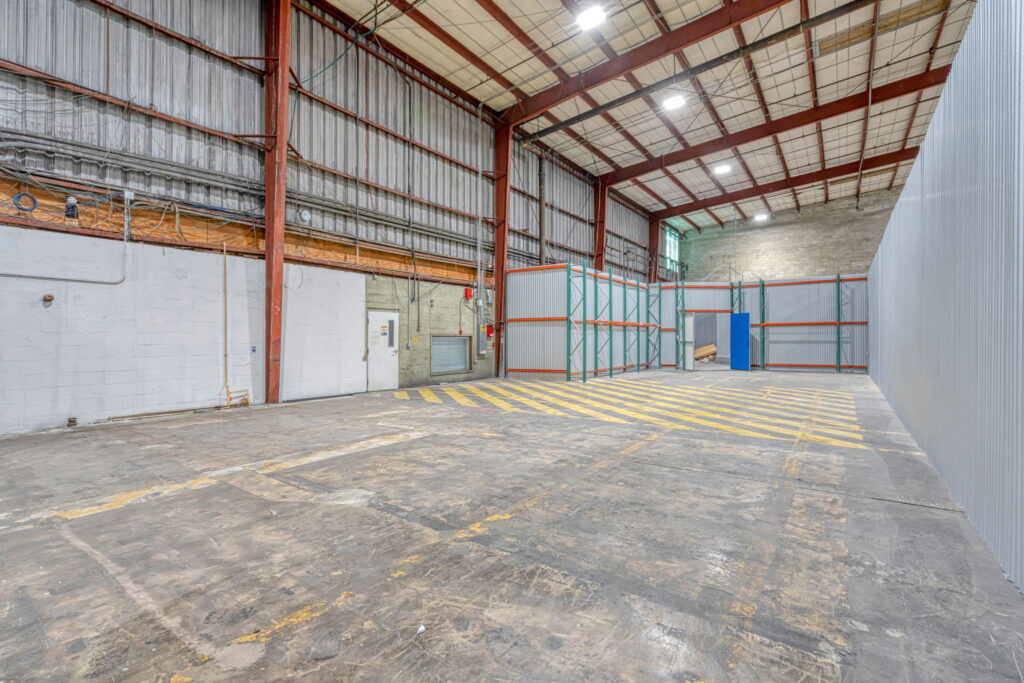
Why Compare Co-Warehousing Brands?
Choosing a co-warehousing provider isn’t a one-size-fits-all decision (or finding business space in general). The right space can make a significant difference in your business’s growth, operational efficiency, and bottom line. With dozens of brands now offering flexible warehouse solutions, each with their own features, locations, and community perks, it’s more important than ever to understand what sets them apart.
Some providers focus on e-commerce fulfillment and logistics support, while others are better suited for light manufacturing, creative studios, or hybrid office-warehouse needs. Lease terms, unit sizes, included amenities, and even the onboarding process can differ greatly from one brand to another. Pricing transparency, geographic coverage, and access to business resources also vary widely.
That’s why we’ve created this side-by-side comparison—to help you quickly identify the best fit for your business model, growth plans, and budget. Whether you’re looking for all-inclusive pricing, room to scale, tech-enabled logistics, or a local community of entrepreneurs, this guide will help you make an informed choice.
| Brand | Lease Flexibility | Target Customers | Key Features | Limitations |
|---|---|---|---|---|
| CubeWork | 🗓️ Month-to-month or longer, no long-term commitment | 👥 Small to large businesses, e-commerce, content creators |
🏢 70+ US locations 🚚 Loading docks, forklift rentals 🎥 Content studios 🔑 24/7 access |
📍 Not suitable for heavy industrial 💵 Pricing varies by location |
| Flex ETC | 🗓️ Month-to-month | 👤 Small businesses, startups, e-commerce |
🔒 Secure units (300–3,000 sf) 🏢 Conference rooms 💼 On-site staff, courier pickup |
📍 Limited regions 📏 May not support large warehouse needs |
| Portal Warehousing | 🗓️ Month-to-month or annual license | 🛒 E-commerce, logistics, growing businesses |
🏢 250–2,500 sf units 🤝 Scalable spaces 🌐 Community perks |
ℹ️ Limited public info on amenities 📍 Select US cities only |
| ReadySpaces | 🗓️ 3-month min, then month-to-month | 🏭 Small biz, e-comm, light manufacturing |
🔑 24/7 access 🚚 Loading docks, forklifts 🔄 All-inclusive pricing 🏢 250–5,000 sf units |
📏 Max unit size 5,000 sf 🚫 Not for heavy industrial |
| Rise Commercial District | 🗓️ 3 months minimum | 👥 Small to mid-sized businesses |
💡 All-inclusive pricing 🚚 Forklifts, 24/7 security 🏢 900–2,260 sf units |
📍 Midwest focus only 📏 Max unit size 2,260 sf |
| Saltbox | 🗓️ Flexible memberships, no lease | 📦 E-comm, DTC, Amazon sellers |
🌡️ Climate control 🖼️ Photo studios 🚚 Fulfillment/3PL 🏢 70–10,000+ sf |
📍 Major metros only 🏪 E-comm focus |
| TradeSpace | 🗓️ Month-to-month | 👤 Small biz, startups, e-comm |
🔄 Self-op & temp spaces 🔧 Shipping, labor 🏢 Canada-based |
🇨🇦 Canada only ℹ️ Amenities vary by location |
| WareSpace | 🗓️ Flexible lease terms | 👤 Small biz, entrepreneurs, e-comm |
🏢 500–10,000 sf 🔄 Shared & scalable 💵 Cost-effective |
ℹ️ Amenities info limited 📍 Select US cities only |
Leading Co-Warehousing Providers, Key Differences Explained
Cubework
CubeWork is among the biggest names in flex industrial space, with a sprawling footprint and a highly diverse inventory—everything from small warehouse suites to large-scale spaces, plus extras like photo studios and coworking. Their core strength is availability: they’re in more markets than most competitors, and they market aggressively.
What sets them apart: Location and sheer number of units, often in cities where alternatives are sparse.
Limitations: Reviews suggest quality and service level can be hit-or-miss depending on location; many spaces feel “no-frills” despite the amenity list. Pricing transparency isn’t a strong suit—actual rates often depend on negotiation.
Best for: Businesses prioritizing location options over a curated community or premium customer experience.
Flex ETC
Flex ETC is a smaller, regionally-focused provider. Their pitch is turnkey, secure spaces for startups and small businesses that want month-to-month flexibility and basic professional amenities like meeting rooms.
What sets them apart: Relatively simple agreements, easy move-in process, and a personal touch thanks to on-site staff.
Limitations: Limited geographic coverage; units tend to be on the smaller side, and the product is very “what you see is what you get”—good for simplicity, less so if you want advanced features.
Best for: New or local businesses looking for easy-in/easy-out warehousing without complex contracts.
Portal Warehousing
Portal is aimed at fast-growing e-commerce and logistics clients who want the ability to scale up or down as needed. They’ve branded themselves as tech-forward and growth-friendly, but detailed info about amenities and customer experience is limited.
What sets them apart: Scalability—you can often add or switch units without moving out, and agreements are structured for growth.
Limitations: Sparse online reviews, few third-party data points, and most locations are in larger, higher-rent markets. Potential customers should ask lots of questions about services, security, and access.
Best for: Startups who want to avoid being locked in and may need to change unit size quickly.
ReadySpaces
ReadySpaces is one of the most established players in the U.S., with a focus on smaller operators (250–5,000 sf) and a transparent, all-inclusive pricing model. Their core advantage is predictability and service: customers know what to expect, amenities are consistent, and there’s little fine print.
What sets them apart: Nationwide reach, clear costs, industrial-grade features (docks, forklifts) even for smaller units, and usually a solid “move-in ready” standard.
Limitations: Spaces above 5,000 sf aren’t available; may not be ideal for heavy industry or specialized uses. Some older buildings may not feel modern.
Best for: Small business owners who want an all-in-one, no-surprises solution.
Rise Commercial District
Rise focuses almost exclusively on the Midwest and builds its own properties, which means quality and consistency are higher than average. Their pricing is all-inclusive, and units are designed for small to midsize businesses.
What sets them apart: Newer properties, consistent layouts, stable pricing (utilities included).
Limitations: It is only available in a handful of states, is rarely available for larger (5,000+ sf) businesses, and is not a fit for e-commerce sellers needing fulfillment services.
Best for: Midwest operators who value predictability, new construction, and local customer service.
Explore Rise Commercial District →
Saltbox
Saltbox is tailored for modern e-commerce, DTC, and Amazon sellers, with built-in logistics/fulfillment and even photo studios at most locations. They’ve earned a strong reputation for community and customer service, but are mostly in major metros.
What sets them apart: On-site logistics/3PL services (rare in this space), community events, and lots of “extras” for content creators and online sellers.
Limitations: Pricing is on the higher end, and unit sizes over 10,000 sf are rare. It is not suitable for heavy manufacturing or very traditional industrial use.
Best for: Growing online brands and sellers who want warehousing and fulfillment in one place, and are willing to pay for it.
TradeSpace
TradeSpace is the leader in Canadian flex warehouse, offering highly flexible terms and a very hands-off, self-service experience. They have options for short-term needs and provide labor/logistics add-ons.
What sets them apart: Flexibility, speed, and no-nonsense agreements; solid choice for project-based storage or rapidly changing needs.
Limitations: It is only available in select Canadian cities; some locations may be more basic, and larger units can be scarce.
Best for: Canadian SMBs needing short-term or flexible warehousing, especially for special projects.
WareSpace
WareSpace operates in key U.S. metro areas with a model focused on simplicity and affordability for small businesses. Their facilities are clean and modern and include basic business amenities, but they keep things simple—no frills or add-on services.
What sets them apart: Transparent pricing, no long-term commitments, easy onboarding, and good “starter” space for companies just outgrowing self-storage.
Limitations: Locations are somewhat limited, and you won’t find advanced logistics or large-scale operations here.
Best for: Small businesses making their first move out of storage units or home offices, who want low-commitment warehouse space.
Which Co-Warehousing Brand is Best for Your Industry or Use Case?
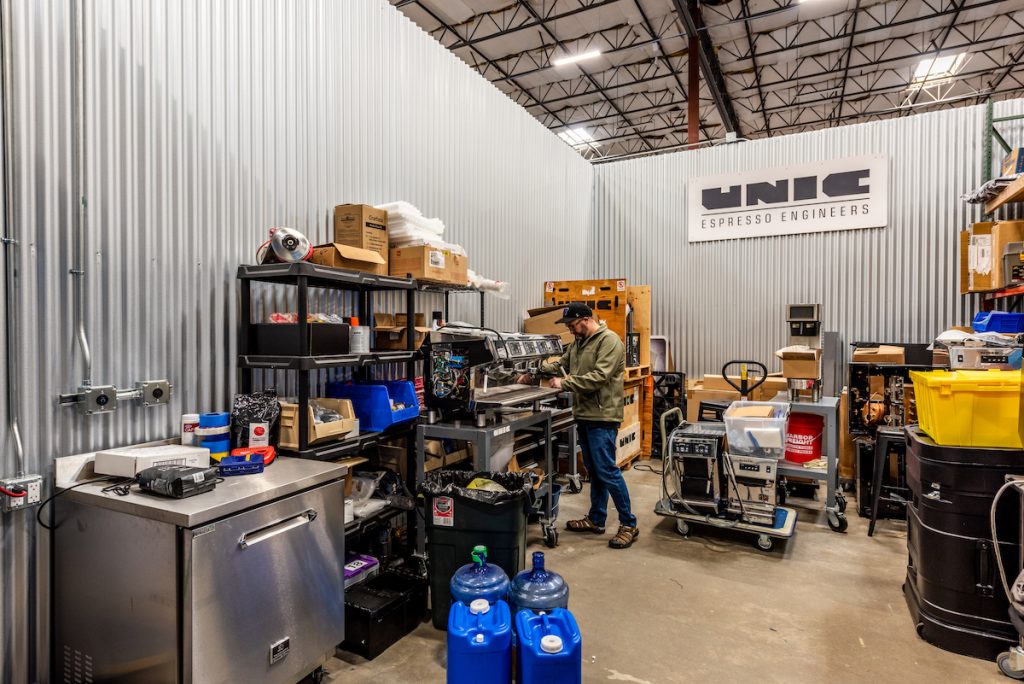
E-Commerce & Direct-to-Consumer Brands:
- Saltbox stands out for its built-in 3PL/fulfillment, climate control, and creative studio space. It is ideal for brands that need pick/pack/shipping support alongside workspace.
- ReadySpaces consistently performs well for e-commerce operators who want easy access to docks, all-inclusive pricing, and a predictable, scalable setup.
- WareSpace is a good fit for small e-commerce brands looking for modern, affordable space to move out of self-storage or a home garage.
Light Manufacturing & Production:
- ReadySpaces are known for accommodating light assembly, small manufacturing, or businesses needing real industrial features (forklifts, pallet jacks, docks).
- CubeWork offers larger units and more variety in square footage for manufacturers who may need room to scale up or split operations.
- Rise Commercial District – Reliable option in the Midwest with modern, secure spaces suited to production and assembly.
Local Service Businesses & Trades:
- Rise Commercial District – Midwest-focused with units ideal for contractors, service companies, or local distributors.
- Flex ETC – Best for businesses needing flexible terms and basic amenities, with strong support for local or urban-based operators.
- TradeSpace – For Canadian trades and project-based work, offering easy in/out and value-added services like labor or shipping support.
Startups & High-Growth Companies:
- Portal Warehousing – Designed for companies that need to scale up or down quickly; agreements are structured for flexibility, and units are easy to upgrade as you grow.
- ReadySpaces – Wide footprint and range of unit sizes mean startups can adjust as needs change.
- Saltbox is great for venture-backed DTC startups that want support and a network and value extra logistics services as they grow.
Project-Based, Short-Term, or “Overflow” Storage:
- TradeSpace offers some of the most flexible, no-commitment options, perfect for temporary, seasonal, or overflow storage needs, especially in Canada.
- Flex ETC – Strong for businesses needing a flexible, low-friction space for a defined project or event.
Affordable, No-Frills Industrial Space:
- ReadySpaces focuses on affordability and simplicity. It is a solid choice for businesses moving up from self-storage who need a real warehouse without long-term commitment or extras.
- WareSpace – Also strong for pure value and options, with lots of locations to choose from.
Not sure where you fit?
Explore WareCRE for detailed listings, or contact us for a custom match based on your business type and growth plans.
